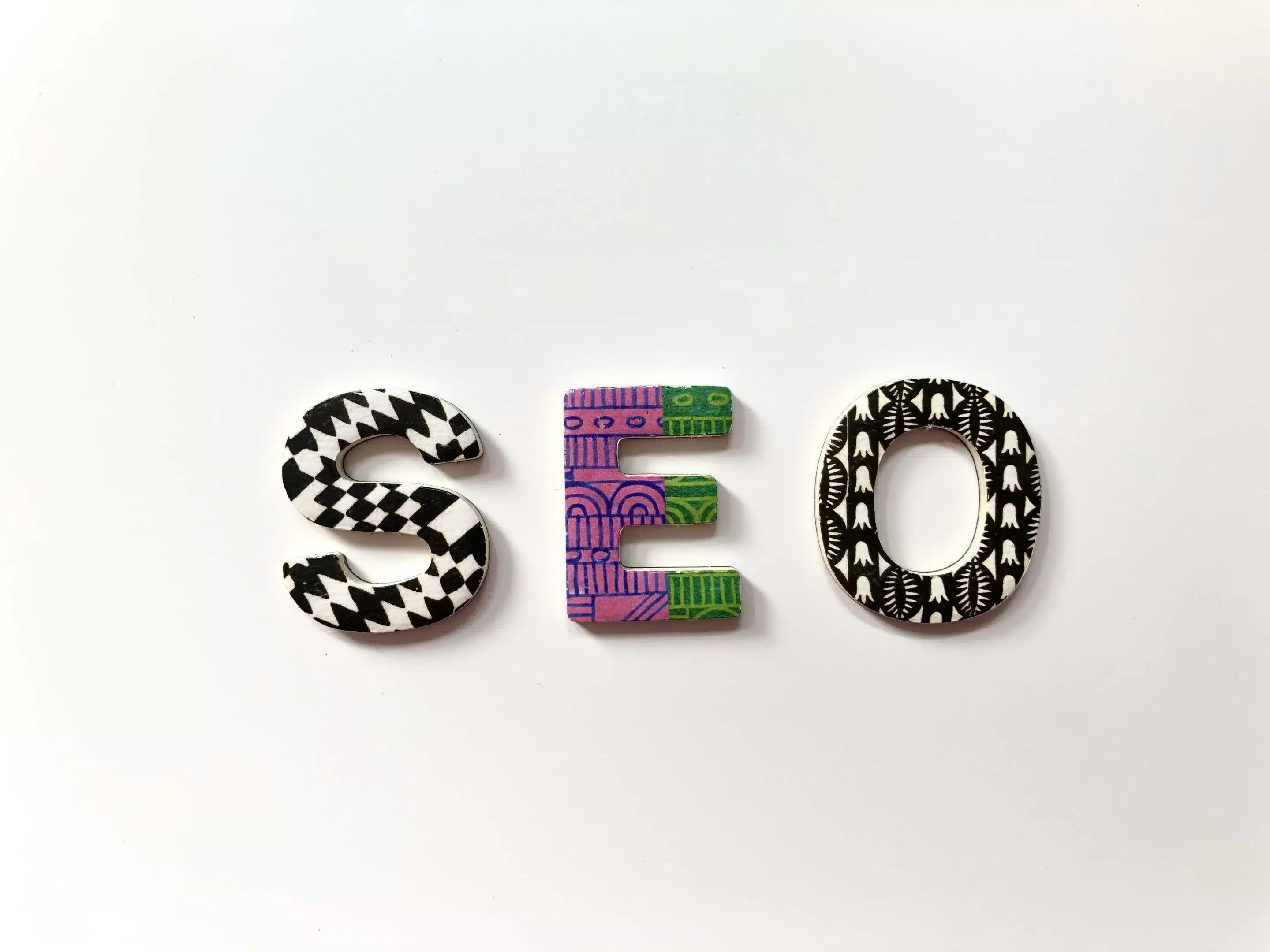You’ve probably heard the advice: add more pages, more features, and more content to your website. But what if the secret to better rankings isn’t adding more, but taking away? Many business owners believe a complex site signals authority, only to find themselves with slow load times and confusing navigation that hurts their performance. This is where simplifying your website SEO optimization strategy can make a huge difference.
A streamlined, intuitive website isn’t just good for your visitors; it’s exactly what search engines like Google want to see. By focusing on simplicity, you can improve user experience, boost your rankings, and attract more qualified leads.
How Does a Complex Website Hurt SEO?
A cluttered or overly complicated website can create significant problems for both users and search engine crawlers. When your site is difficult to navigate, it sends negative signals to Google that can harm your visibility.
Here are a few ways complexity can undermine your website SEO optimization efforts:
- Slower Load Times: More features, large images, and unnecessary code can bog down your site, causing visitors to leave before your page even loads.
- Confusing User Journey: If visitors can’t quickly find what they’re looking for, they’ll get frustrated and click away. This increases your bounce rate, which is a red flag for search engines.
- Poor Crawlability: Search engine bots have a limited “crawl budget.” A messy site structure with too many unnecessary pages makes it harder for them to index your most important content.
What Are the Benefits of a Simple Website Design?
Simplifying your website isn’t about stripping it down to the bare bones. It’s about being intentional with every element to create a clear, efficient, and enjoyable experience.
1. It Improves User Experience
A simple design helps users find information quickly and effortlessly. With clear navigation and a logical layout, visitors are more likely to stay on your site longer, engage with your content, and convert into customers. This positive user behavior signals to Google that your site is valuable and trustworthy.
2. It Boosts Page Speed
Fewer elements mean faster load times. By removing non-essential plugins, scripts, and large media files, you can dramatically improve your site’s performance. Speed is a confirmed ranking factor, so a faster website directly contributes to better SEO.
3. It Enhances Mobile-Friendliness
Simple designs are easier to adapt for mobile devices. With a clean layout, your content will display correctly on any screen size, providing a seamless experience for the majority of users who browse on their phones.
4. It Makes Your Message Clearer
When your website isn’t cluttered with distractions, your core message and value proposition can shine. Visitors will immediately understand who you are, what you offer, and why they should choose you. This clarity is essential for effective lead generation.
Ready to see how a streamlined approach can transform your online presence? Our tailored website SEO optimization packages are designed to improve performance by focusing on what truly matters.
How Can You Simplify Your Website for Better SEO?
Streamlining your website doesn’t have to be an overwhelming project. Start with these actionable steps:
- Review Your Navigation: Is your main menu easy to understand? Aim for 5-7 top-level menu items that clearly guide users to your most important pages.
- Cut Down on Clutter: Take a look at your homepage. Does every element serve a purpose? Remove any distracting animations, pop-ups, or widgets that don’t add value.
- Optimize Your Content: Use short paragraphs, clear headings, and bullet points to make your content easy to scan. Ensure every page has a single, clear call-to-action.
- Compress Your Images: Large image files are a common cause of slow load times. Use a tool to compress your images without sacrificing too much quality.
By making these small but impactful changes, you can create a much better experience for both your users and search engines.
FAQ: Will Removing Pages from My Website Hurt My SEO?
This is a common concern, and the answer is: it depends. If you’re deleting pages that receive significant traffic or have valuable backlinks, you could negatively impact your SEO.
However, removing thin, low-quality, or outdated content can actually be beneficial. This practice, known as content pruning, helps focus your site’s authority on the pages that matter most. Before deleting anything, conduct a content audit to identify underperforming pages and use 301 redirects to point old URLs to relevant, existing pages.
Take the Simple Path to Better SEO
In the world of website SEO optimization, more isn’t always better. A simple, fast, and user-friendly website provides a stronger foundation for long-term growth than a complex site ever could. By prioritizing clarity and efficiency, you create an online presence that both your customers and Google will love.
Ready to stop struggling with a complicated website that isn’t delivering results? It’s time to simplify your strategy. Contact us today to learn how our experts can help you streamline your website for maximum SEO impact.

